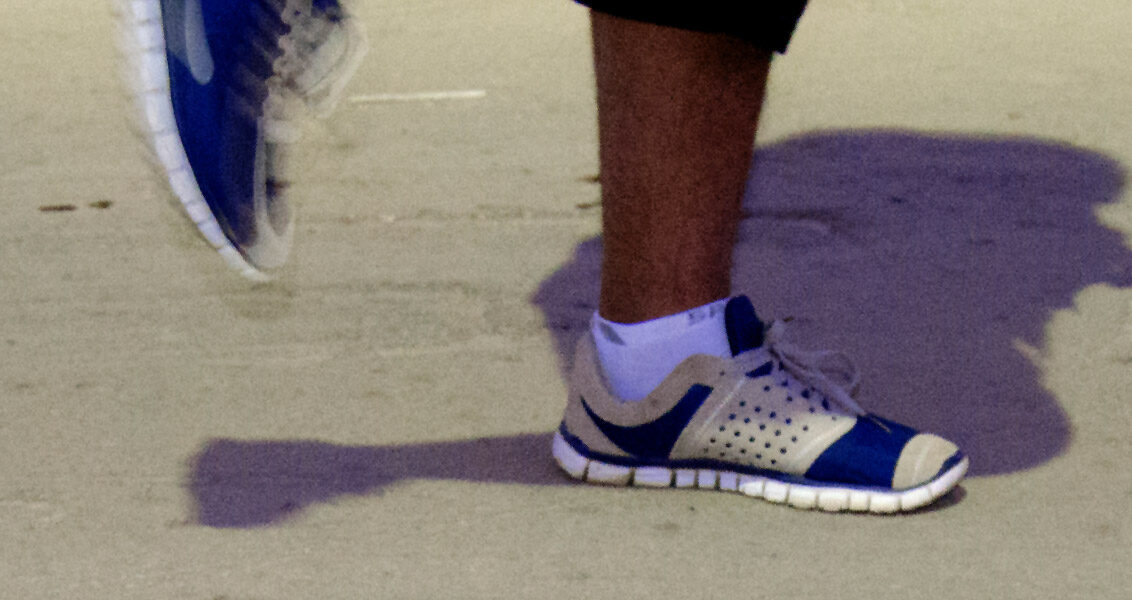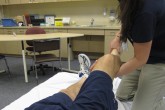
If you wake up in the morning feeling like P. Diddy, chances are:
- you are Ke$ha
- what?
- you don’t have plantar fascitis
- you are—in fact—P. Diddy
There are plenty of reasons why you might not feel like P. Diddy when you wake up, but foot pain in the morning could be a symptom of something more than just a lousy start to your day. Your feet are made up of many parts: bones, ligaments, tendons, tissue, skin, toenails, blood vessels, and muscles. Each part of the foot has the potential to affect a different—and seemingly unrelated—part. Any combination of things could cause foot pain—from wearing the wrong shoes to engaging in high-impact exercise. If you think really hard about the source of your pain and narrow it down by location and symptoms, it can be easier to pinpoint the cause of your ouchin’.
Do your heels hang low? Do they throb and hurt you so? Can you feel it in your arch? Can you feel it in your toe? If your heels hurt and your arches ache, you might have plantar fascitis—especially if the pain is worst in the morning. This common condition affects the tissue that connects your heel bone to your toes. It can become injured and inflamed, thus causing lots of pain and irritation. If you work on your feet all day long or participate in high-impact activities (like running), you are at an even greater risk of developing plantar fasciitis.
However, you don’t have to be in a constant state-of-ouch. If you receive a diagnosis of plantar fasciitis, a physical therapist (PT) can help restore your feet to tip-toe—er, tip-top—shape. The PT can prescribe very specific stretches and exercises to ease the discomfort you’re experiencing. He or she might instruct you to ice the area, provide you with corrective footwear (like shoe inserts) to reduce pain and irritation, or apply kinesio tape to provide further relief. Unfortunately, you also might have to take a break from pounding the pavement and instead substitute low-impact exercises like biking or swimming while your feet heal.
To help prevent plantar fasciitis, wear shoes with good arch support and replace worn-out shoes frequently. When you exercise, listen to your body—if your feet hurt, take a break or switch up your routine. And if it’s too late to apologize (for the mistreatment of your feet), then get PT to find relief. Who knows? Maybe feeling like P. Diddy isn’t so far-fetched—assuming that P. Diddy doesn’t suffer from sore arches.


